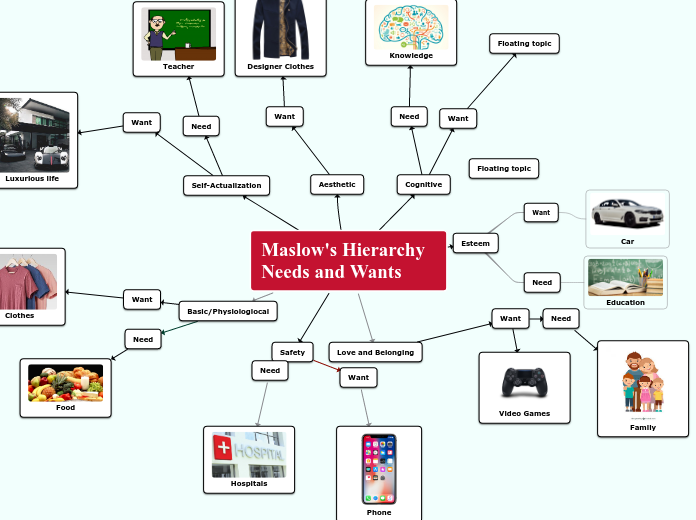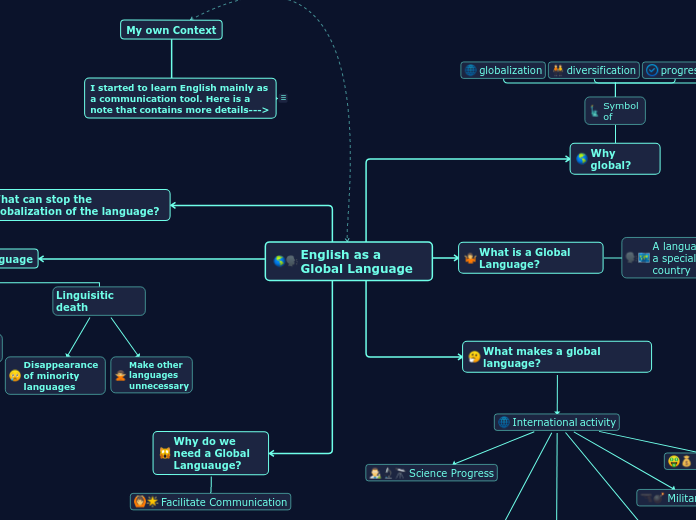af Christopher Hansen 8 år siden
319
UTC PDS1 What are the rights of our students?
Civil rights laws in the United States aim to eliminate discrimination in education, ensuring that all individuals have the opportunity to develop their talents fully. The UN Convention on the Rights of the Child provides a framework for protecting children, emphasizing their status as individuals deserving respect and resources.









